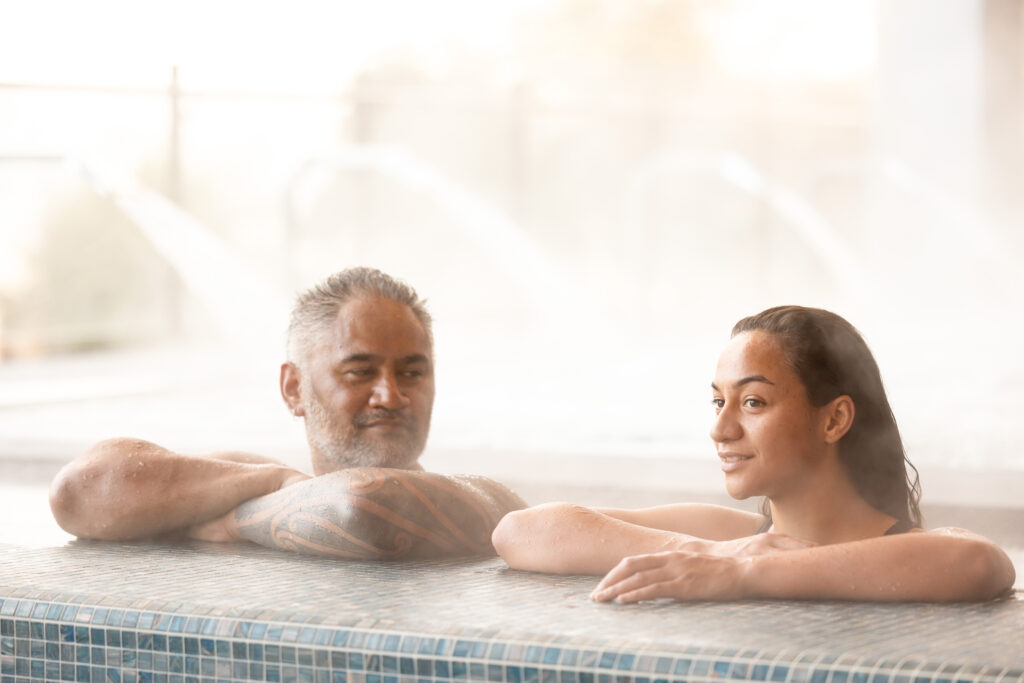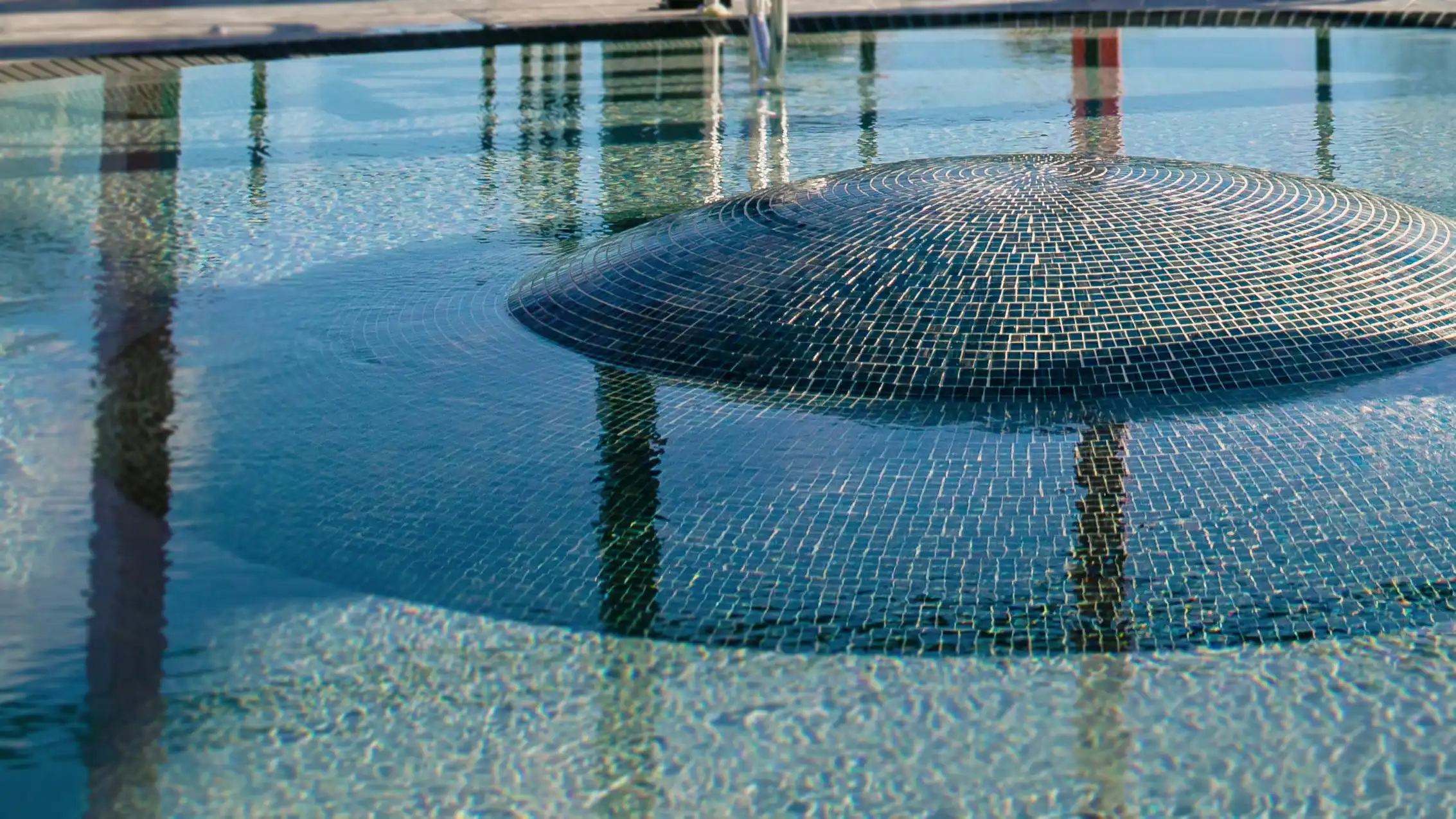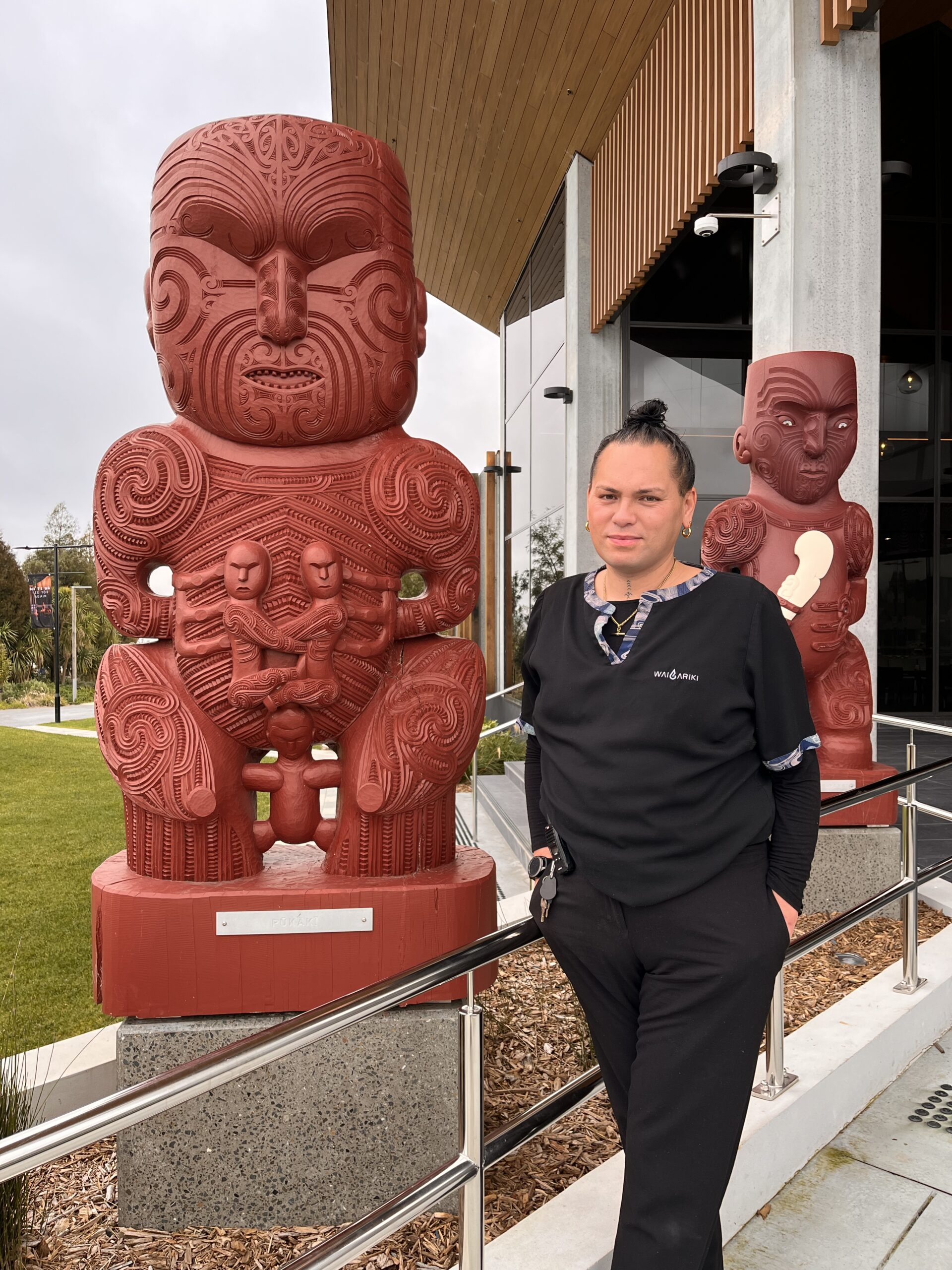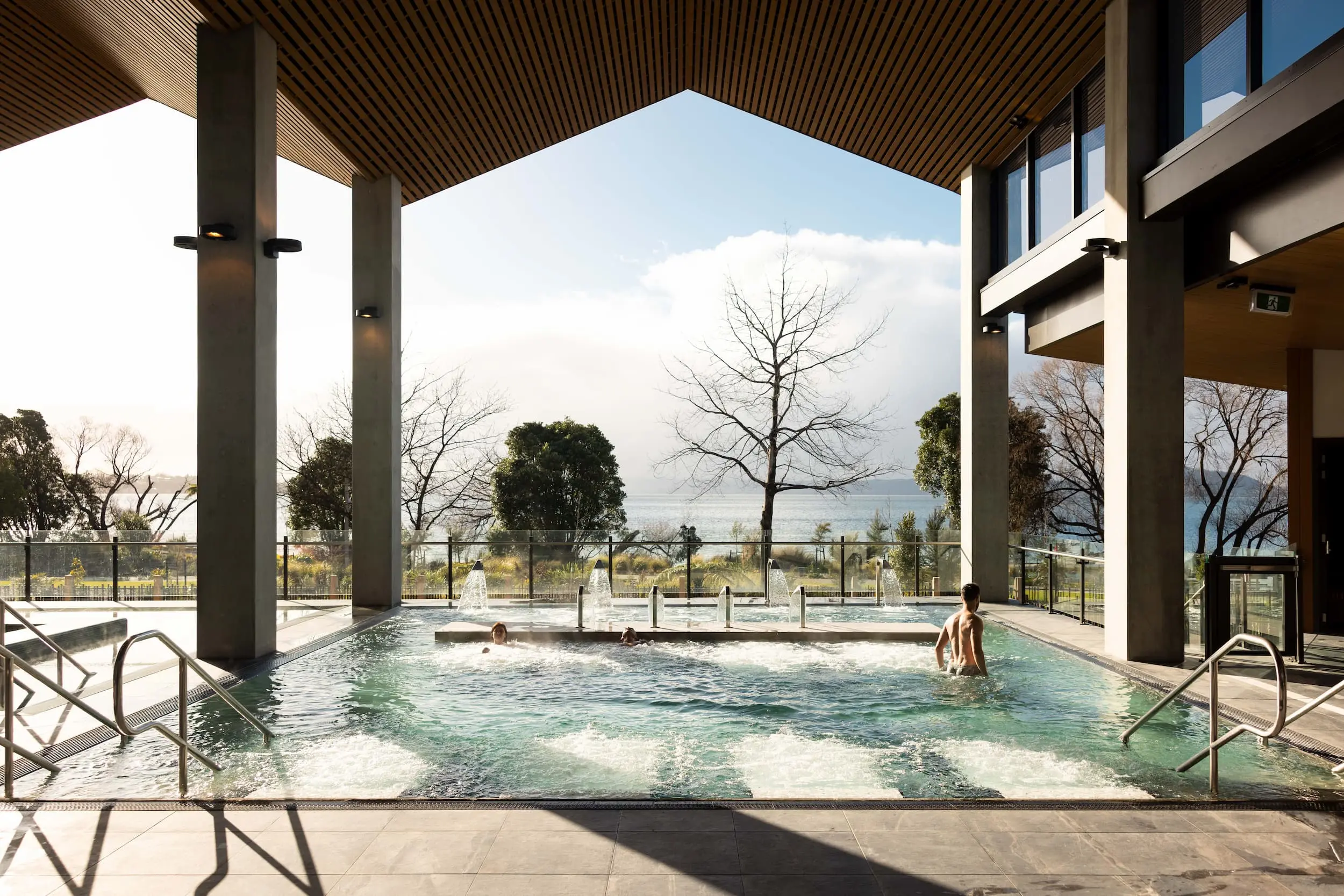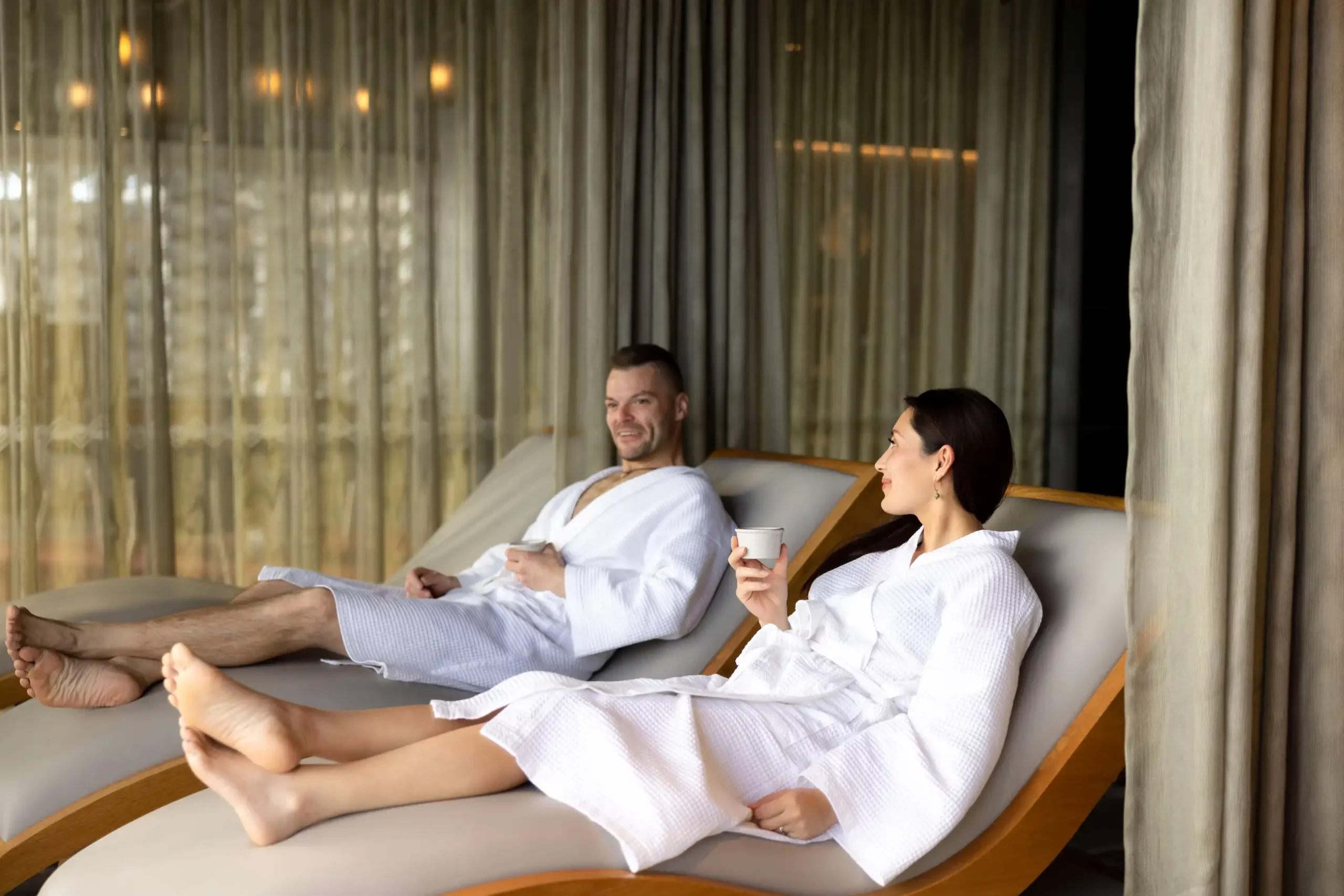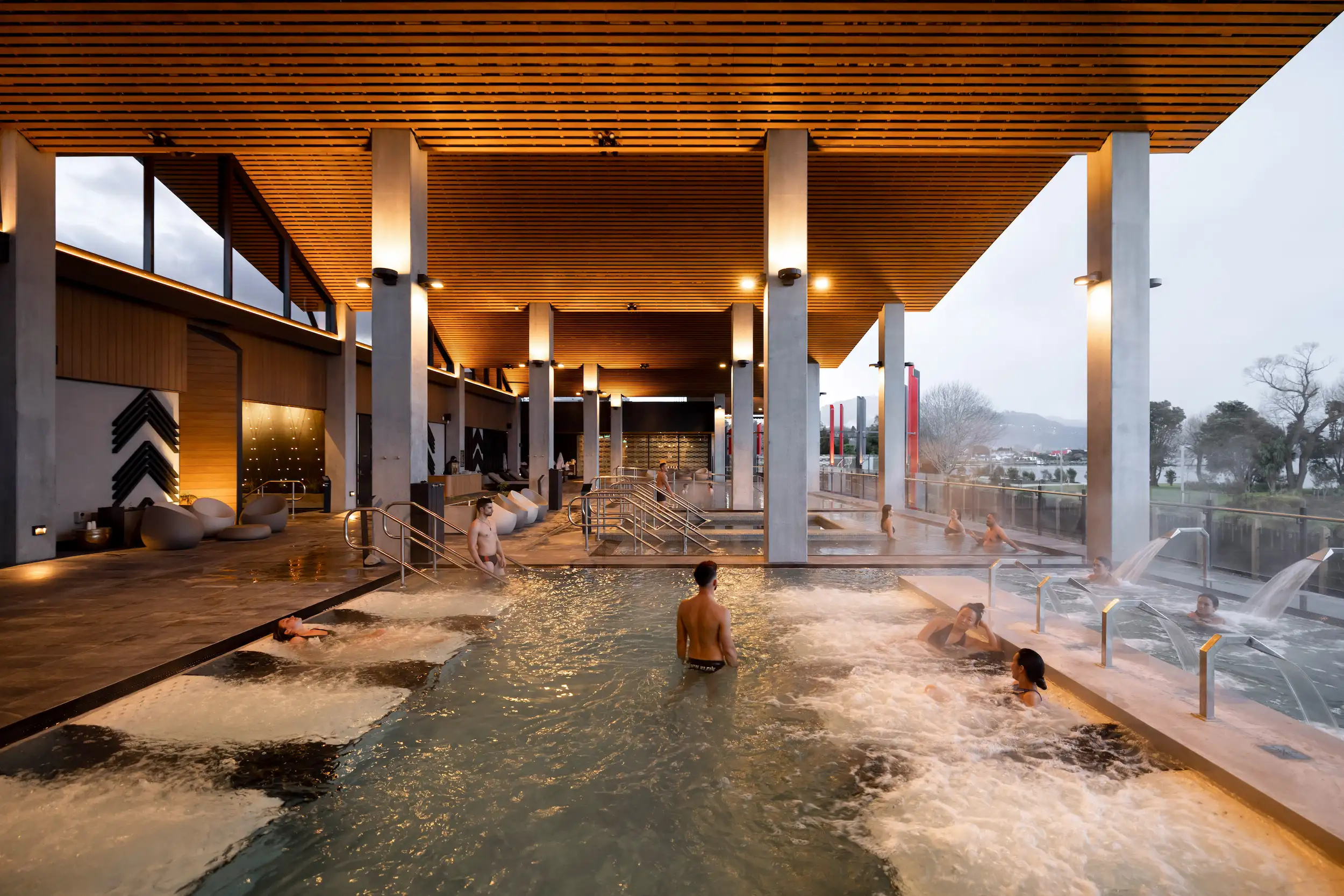History of Māori Bathing
Te Arawa Māori bathing culture: New Zealand’s best kept secret
For centuries, people from all around the world have appreciated a good spa day – and rightfully so. From therapeutic hot springs and geothermal pools, to facials and massages, what’s not to like?
Yet, despite having our own, rich Māori bathing culture in New Zealand, this appears to be lesser known than the likes of popular bathing rituals such as Japanese onsen, Finnish sauna, and ancient Roman bathhouses.
Wai Ariki is built upon a strong foundation of our Te Arawa thermal bathing culture, and the healing practices of our Ngāti Whakaue tūpuna (ancestors), with our own city of Rotorua a particular hotspot for geothermal activity.
So, rather than keeping this best-kept secret a secret, here’s everything you need to know about New Zealand’s own historical practices.
The history of Te Arawa bathing
For around 800 years, Te Arawa have used naturally sourced geothermal (waiwhatu) energy as a source of healing, sustenance and power.
Te Arawa acknowledges geothermal activity in New Zealand originating from Ngātoroirangi, a great tohunga (spiritual leader) of the Te Arawa canoe. While climbing a very chilly Mount Tongariro, he called upon his sisters in Hawaiki for help, who sent sacred fire through the earth to warm him, and created the geothermal wonders seen today.
While many of us might picture the steaming geothermal mud pools and hot springs that are a common sighting here in Rotorua, Te Arawa have long regarded these geothermal wonders as taonga, or sacred treasures.
This wasn’t just about warmth or cleanliness; geothermal energy was seen as a bridge between the physical and spiritual worlds.
Traditional Te Arawa bathing practices embraced these natural hot springs as calming spaces, using geothermal waters for healing, relaxation and connection.
The geothermal steam (which many of us are familiar with using to cook up a hangi) was believed to release tension in the body, mind and spirit, to create a full sense of mauri ora, or wellbeing.
And finally, the mineral-rich, geothermal mud held medicinal properties that were used to treat skin conditions, rheumatic pain, and arthritis.
Our elders have always paid respect to and used the innate healing properties of these precious geothermal resources, and it’s something we continue to embody in Rotorua.
But, while many Kiwis may have paid a visit to geothermal mud pools, or invested in a spa day, many don’t recognize this as a practice of our ancestors, and that there’s so much more to it than just sitting in a warm pool.
So, why and how should we embrace it?
The practices and benefits of embracing Te Arawa thermal bathing culture still ring as truly in 2025 as they did 800 years ago.
The three core health benefits include:
- Physical recovery – aiding recovery and detoxification by relaxing muscles and joints, reducing inflammation, easing pain, and improving circulation.
- Mental wellbeing – reducing stress, promoting relaxation and improving sleep quality through warmth and sensory experiences.
- Spiritual wellbeing – promoting mindfulness, connection with nature, and spiritual renewal through the sacred nature of geothermal activity.
Traditionally, warriors (battered and bruised from battle) would immerse themselves in the hot pools, alternating with cold water to soothe their injuries and aid recovery. Today, we might replicate this same practice in the form of hot’n’ colds after a sports match, or by indulging in a sauna, and the benefits of a cold plunge after a workout.
At Wai Ariki, we see bathing as not just simply taking a bath. It’s a transformative experience, a rebirth, if you will. A purifying cleansing both externally and internally.
We’ve channelled this in our Wai Whakaora (Restorative Journey), with the 2-hour journey being a 5-step bathing process that incorporates blessing stones, waterfall showers, saunas, hot and cold plunges, a geothermal mud lounge, steam room and more.
Many manuhiri appreciate the two-hour experience as a thorough method for relaxation – and it is!
But, fully outlining the traditional healing practices of our iwi, Ngāti Whakaue, and the mātauranga Māori (Māori knowledge) that it’s grounded in is the real priority for us.
To experience it for yourself, our Wai Whakataa (Restorative Bathing) and Wai Whakaora (Restorative Journey) are ready and waiting with all the benefits our Te Arawa Māori bathing culture has to offer! Book now: Restorative Journey, Wai Whakaora | Wai Ariki – Wai Ariki Hot Springs & Spa
